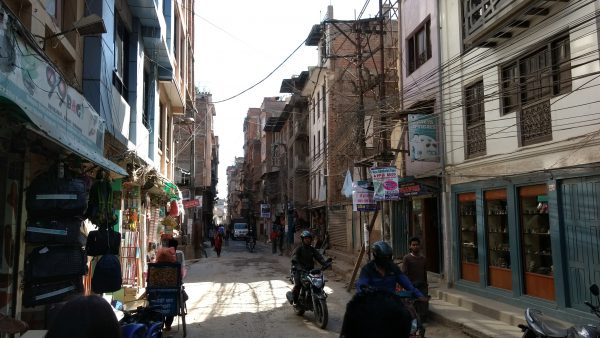Egypt’s Public Debt Crisis: Experts Warn Experts Warn Spending is Greater than Earning
By Amy Ismail
Follow @aimyi
Egypt needs to establish a serious debt repayment plan, economists have told The Caravan, as national and foreign debt reaches trillions of pounds, and the government continues to finance new projects.
‘‘Nobody knows when we will be able to pay this back and we need a plan or else we can go bankrupt,’’ Hisham Tawfik, former managing director of EFG Hermes, told The Caravan.
According to the Central Bank of Egypt, public debt between July 2016 and March 2017 reached EGP 3.1 billion. Nearly 86 percent of that, a CBE report last year said, is government expenditure. These figures have been steadily rising since.
Tawfik explained that the current figures stand at an estimated public debt of EGP four trillion and $100 billion dollars of foreign debt, leaving Egypt with a total debt of over EGP six trillion.
According to statistics compiled by Al Ahram daily, national debt rose from 74 percent of GDP in 2010 to 92.3 percent of GDP in 2016, and the volume of foreign debt, standing at $33 billion in 2010, soared to $80 billion by the end of 2017 and is slowly creeping toward $100 billion.
Government earnings largely come from taxes, customs, value-added tax, tourism and Suez Canal revenue. These bring in EGP 600 billion, but the government spends EGP 1 trillion a year on salaries, subsidies, debt service and investments.
This creates a deficit of EGP 400 billion.
The government is betting that multi-billion dollar investments, though risky because of the public debt, will pay multi-fold dividends.
‘‘An investment as big as $300 billion will leave our country in a seriously dreadful situation. The New Capital is a great idea and no one can argue wit that, but it is not the right time,” added Hesham.
Hany Tawfik (no relation), an economic specialist and founder of the Egyptian Private Equity Association, has a similar view.
‘‘There is shortage in revenue and we have extremely high expenses. It is not the time to invest in the new capital.’’
He added that the new capital and Suez canal are extremely promising projects but this is not the right time nor is it the right pace of economic growth.
“They are rushing into these developments causing it to be more costly and our country cannot bare such expenses at the moment,” he added.
‘‘We are spending like there is no tomorrow.’’
He believes Egypt should pause its spending plan and follow a cost benefit analysis, where the minister of planning should pick which project will return the best benefit to the country and its economy.
“The government should use our resources and examine what will give the most benefit in accordance to the cost,” Hany told The Caravan.
But the International Monetary Fund (IMF) has given Egypt a positive report card citing the country’s reform program as being on track with stabilization and GDP growth recovering.
It said that runaway inflation, which happened after the floating of the EGP in 2016, has been moderating.
Foreign currency reserves are at their highest since the January 2011 uprising and fiscal consolidation is on track.
In its December 20, 2017 report the IMF said: “Egypt’s priorities are to reform the regulatory framework, strengthen competition, improve access to finance and land, strengthen governance, transparency, and accountability of state-owned enterprises, and better integrate women and youth in the labor market.”
For this purpose, the IMF suggests that the government should collect more revenue to pay for much-needed social services and to invest in education, health, and infrastructure.
Furthermore, “reducing tax exemptions, making the tax system more progressive (richer people pay progressively more in taxes), and through making the tax administration more efficient, could facilitate this process.”
The IMF also stated that the government should continue to lower the budget deficit to contain public debt and the ratio of debt to Gross Domestic Product (GDP), which measures the market value of all goods and services produced in a period of time.
According to the World Bank, Egypt’s GDP was $336 billion and GDP growth was 4.1 percent in fiscal year 2016/2017. Government debt was 93 percent of GDP in 2015/2016 but went up to 103 percent in 2016/2017. No figures are yet available for 2017/2018.




